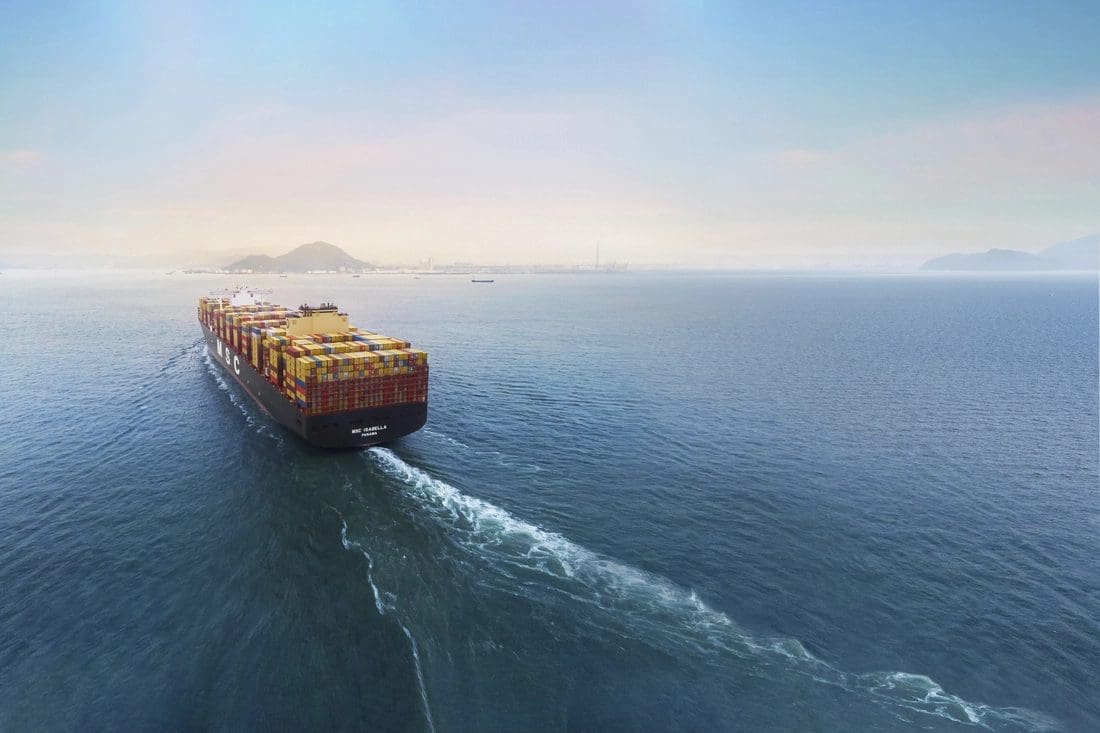
With the European Union’s Carbon Border Adjustment Mechanism (CBAM) set to take effect in January 2026, Moroccan small and medium-sized enterprises (SMEs) are facing an unprecedented regulatory challenge.
The new rules, aimed at placing a carbon price on greenhouse gas-intensive products, could severely impact Morocco’s ability to remain competitive in the European market, especially as the country’s industrial exports represent a significant portion of its economy.
The CBAM will impose a carbon cost on key imports like iron, steel, cement, fertilizers, aluminum, and electricity, with an estimated price range of €60 to €100 per tonne of CO₂ emitted.
As per the Economic, Social and Environmental Council (ESEC), Moroccan SMEs, already struggling with financial constraints and a lack of technical expertise, risk being marginalized as they face the challenge of complying with European climate policies.
Currently, around 3.7% of Morocco’s exports to the EU will be directly impacted by the carbon pricing.
However, the scope is expected to widen, potentially affecting other key sectors like automotive, aeronautics, and construction materials, especially as the CBAM plans to extend to indirect emissions in the future.
The ESEC highlights several critical obstacles preventing SMEs from effectively preparing for these changes.
The most pressing challenges are the lack of technical skills to measure carbon emissions, limited access to necessary financing for adaptation, and insufficient information on how to meet the new regulations.
“Small Moroccan businesses must bear the costs of adaptation alone and have their carbon footprints certified by European verifiers, without benefiting from the relief provided for EU SMEs,” warns the Council.
In contrast, European importers emitting fewer than 50 tonnes of CO₂ per year are exempt from the charges—a privilege not afforded to foreign businesses.
To mitigate these challenges, the ESEC has proposed a progressive national carbon tax that would help offset the costs imposed by the CBAM.
This new tax would also fund a dedicated ecological transition fund for SMEs, supporting necessary training programs and the modernization of industrial processes.
The Council projects that such a measure could generate between 2.7 and 3 billion dirhams annually, which could be invested into improving the sector’s competitiveness.
While Morocco has existing initiatives like the National Low Carbon Strategy (SNBC) and the Tatwir Green Economy program, experts stress that their implementation has been inconsistent.
They recommend a more targeted approach, beginning with the cement and steel sectors before gradually expanding to other industries.
The urgency is palpable, as failure to adapt quickly could result in the exclusion of Moroccan SMEs from a European market that currently absorbs nearly 60% of the country’s industrial exports.
With less than three months before the mechanism comes into force, Moroccan businesses and policymakers face a race against time to ensure they are prepared for this crucial shift in global trade dynamics.



